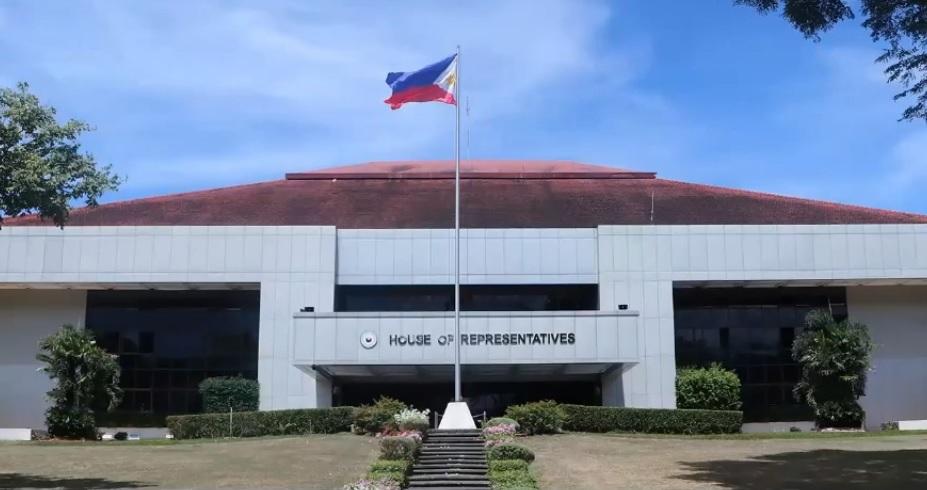Lawmaker eyes small water impounding project in every barangay
Published April 10, 2024 2:27pm A bill mandating establishment of small water impounding projects (SWIP) in every barangay in the country has been proposed in the House of Representatives. Davao Occidental lawmaker Claude Bautista made the proposal under House Bill 10089 or the SWIP Act. The proposed bill tasks each barangay to reserve, develop, and […]


A bill mandating establishment of small water impounding projects (SWIP) in every barangay in the country has been proposed in the House of Representatives.
Davao Occidental lawmaker Claude Bautista made the proposal under House Bill 10089 or the SWIP Act.
The proposed bill tasks each barangay to reserve, develop, and maintain a SWIP which will be utilized for agriculture, irrigation, livestock, and fishery production.
The bill likewise states that each SWIP must have a sufficient storage capacity to ensure whole-year-round agricultural production and for soil and water conservation in areas with distinct wet and dry seasons to increase cropping intensity and enhance crop diversification.
The establishment of SWIPs should comply with the requirements of the Philippine Agricultural and Biosystems Engineering Standards for irrigation and other related standards laid down by law.
In addition, the bill provides that local government units, with the technical assistance of Bureau of Soils and Water Management (BSWM) and the Department of Public Works and Highways (DPWH), will identify suitable sites for the establishment of SWIPs in every barangay within their respective jurisdictions.
Bautista said the bill is necessary given that the Philippines is facing water crisis amid water wastage, climate change, sporadic rainfall, and the increase in population.
“This bill seeks to create a rain catchment facility that will collect and store rainwater as a self-supply option. As per the World Health Organization, Rain Water Harvesting Systems can be used as long as the system takes into account site precipitation, surface catchment area, runoff coefficient, roof material, and system water loss,” Bautista said.
He also cited the cases of Singapore wherein rainwater catchment facility is collected and used to flush toilets and Japan wherein farmers make use of rainwater to increase their produce and lessen their dependence on irrigation and other water resources.
While Republic Act 6716 or the Act providing for the construction of water wells, rainwater collectors, development of springs and rehabilitation of existing water wells in all barangays in the Philippines does exist, Bautista said his proposal will be more inclusive since the funding for the SWIP will come from multiple agencies namely the Department of Agriculture, DPWH, and other concerned government agencies. —Llanesca T. Panti/ VAL, GMA Integrated News














